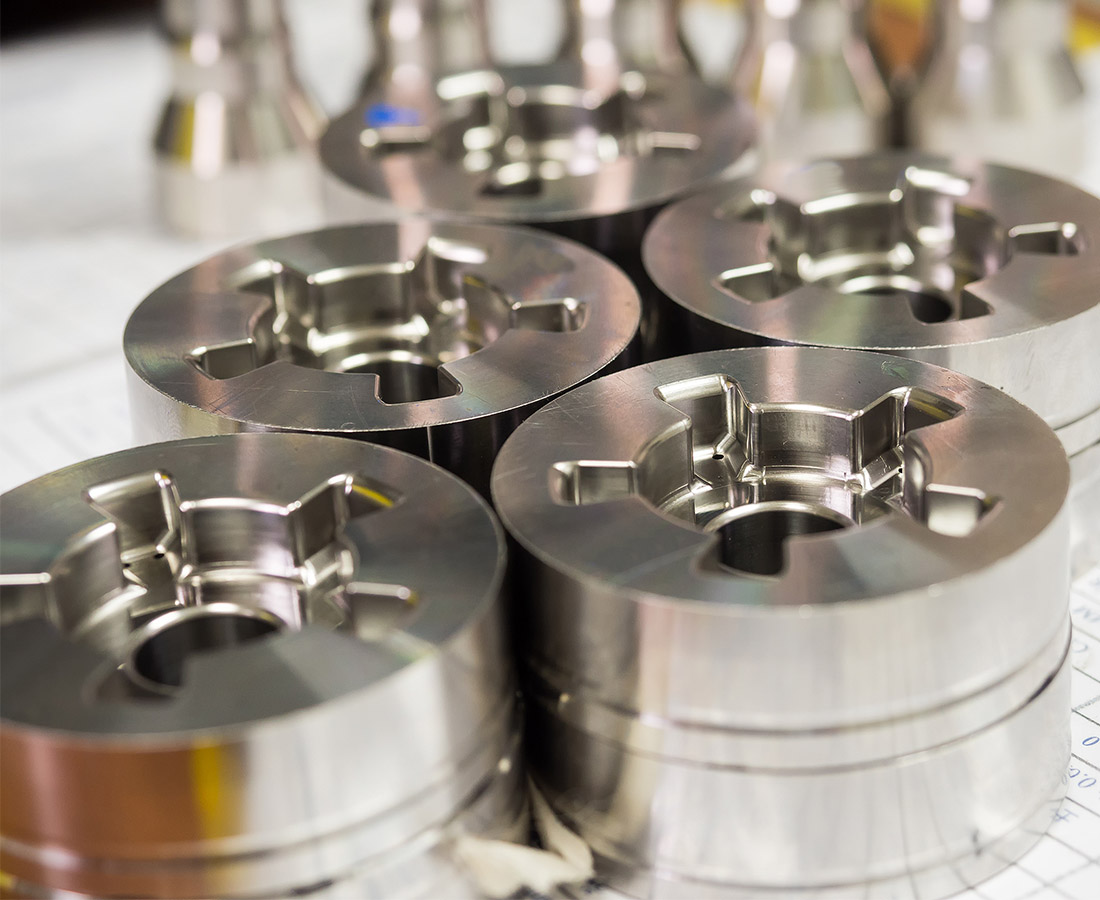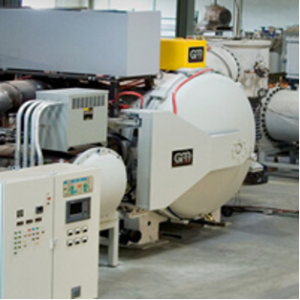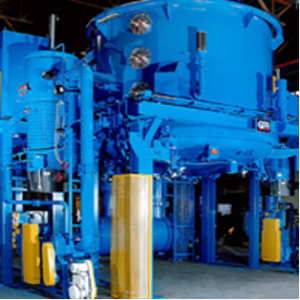- FURNACES & TECHNOLOGIESFIND OUT MORE ABOUT OUR FURNACE AND TECHNOLOGIE SOLUTIONS
- HEAT TREATING SERVICESFIND OUT MORE ABOUT OUR HEAT TREATING SERVICES
- PROCESS & FLOW CONTROLSFIND OUT MORE ABOUT OUR PROCESS AND FLOW CONTROL SOLUTIONS
- SERVICE & SUPPORTLOOKING FOR SERVICE OR SUPPORT ON OUR PRODUCT AND SERVICES ?
- INDUSTRIES & PROCESSES
- COMPANYFIND OUT MORE ABOUT NITREX AND WHO WE ARE




